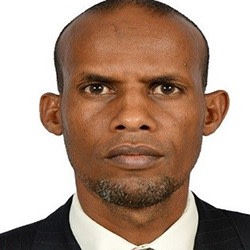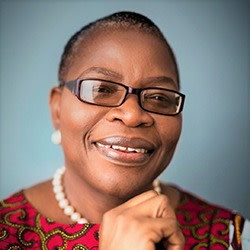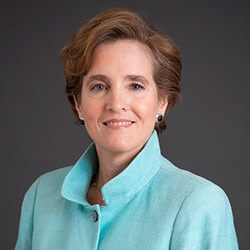How to make spending count in education

Simply sign up to the Education myFT Digest -- delivered directly to your inbox.
Dr Elyas Abdi Jillaow
Director-general, Ministry of Education, Kenya

For sustainability, developing countries must increase their domestic spending. It is their responsibility to finance their education budgets. International donors will not be there for ever. We have made a big effort to show results from funding by constantly monitoring, evaluating projects and programmes and providing feedback. We assess competencies, so it is not just a question of whether children are going to school, but also what is taking place in the classrooms to see that learning is taking place.
Samer Al-Samarrai
Senior economist, World Bank

You need additional resources in some countries, but there is also a big agenda around improving both the efficiency and equity of expenditure. If you look at the forecasts of government spending and the impact the pandemic is having on households and aid, it is going to be a very difficult few years for education. Maybe there are opportunities to focus on making sure resources are spent better.
Gulzar Natarajan
Officer, Indian Administrative Service; secretary, finance, Government of Andhra Pradesh

In my 22 years of public life, education is by some distance the hardest public policy challenge to solve — in particular, learning outcomes in schools. Even when the teacher and the students are in class, learning is not happening. We need a single-minded focus on interventions that are directly relevant to improving classroom instruction and to use public spending and donor money to focus on that. It is good to hear of small pilots, but if we are to significantly improve learning outcomes, we need to think about what can be done at scale.
Obiageli Ezekwesili
Senior economic adviser, Africa Economic Development Policy Initiative

We have to look at the efficiency and effectiveness of existing funding. There is a poor constituency for reforms in many developing countries because the middle class has opted out of public education. You really need to build in very strong demand for quality public education to ensure accountability from government. We must push human capital to the centre of economic development strategies. We need to generate the data to link human development, especially education, to improvements in the overall economy.
Jamie Drummond
Co-founder, ONE campaign

Until not long ago, education was a sector that looked to itself more than others, was talking to itself and was a little insular. The more we are empowering local communities to hold local government to account, the more they will pay taxes that will improve services such as education and health. The middle classes have had to use health services recently in new ways and discovered how problematic they are. Hopefully they will engage more now in improving such services. That is central to sustained progress.
Maki Katsuno-Hayashikawa
Director, Division for Education 2030, Unesco

We have been reflecting on a global co-operation mechanism to move towards better alignment of policy with financing, both domestically and externally, as well as technical needs. We still need further work with our partners to achieve a system for mutual accountability around aid. One idea is to have a platform where all donors would share successful experiences in aligning their agendas with national priorities.
Justin van Fleet
President, Theirworld charity; executive director, Global Business Coalition for Education

We are ignoring the elephant in the room, which is that we still need at least $75bn a year to fund education. We are currently marshalling $15bn from the international community, so there is a big gap to fill.
Justin Sandefur
Senior fellow, Center for Global Development

Spending more on schools and getting more children to attend is a good investment. I worry that colleagues are quick to pivot to the need to improve efficiencies, as opposed to advocating generally for a sector that has high returns. I am not sure we have shovel-ready investments to improve pedagogy, but we do to get more children in school: make it free. We have seen high-profile failures by private operators to improve learning outcomes. Some cut costs in the short term, but by paying teachers less. We are cutting off our nose to spite our face by making teaching less remunerative and less attractive.
Liesbet Steer
Director, The Education Commission

The private sector has often been a black sheep equated by some with private provision and the commercialisation of education. Business is a demander of skills but is not part of the discussion. Government leaders are not being lobbied to improve education, even though the availability of skills is critical. We are missing constituencies we can mobilise to fight for more resources. Why are we not having more success and mobilising resources for this critical sector? The answer lies in the lack of constructive relationships with those outside education.
Alice P Albright
Chief executive, Global Partnership for Education

The education sector is at an existential moment. Before the pandemic, we were not able to attract enough money . . . and given the outlook for aid and the economic pressures on domestic budgets, every dollar has to count. What we are hearing from countries is that they want to work in close partnership with us to identify systems-based solutions to figure out how to deliver and implement education better.

Comments